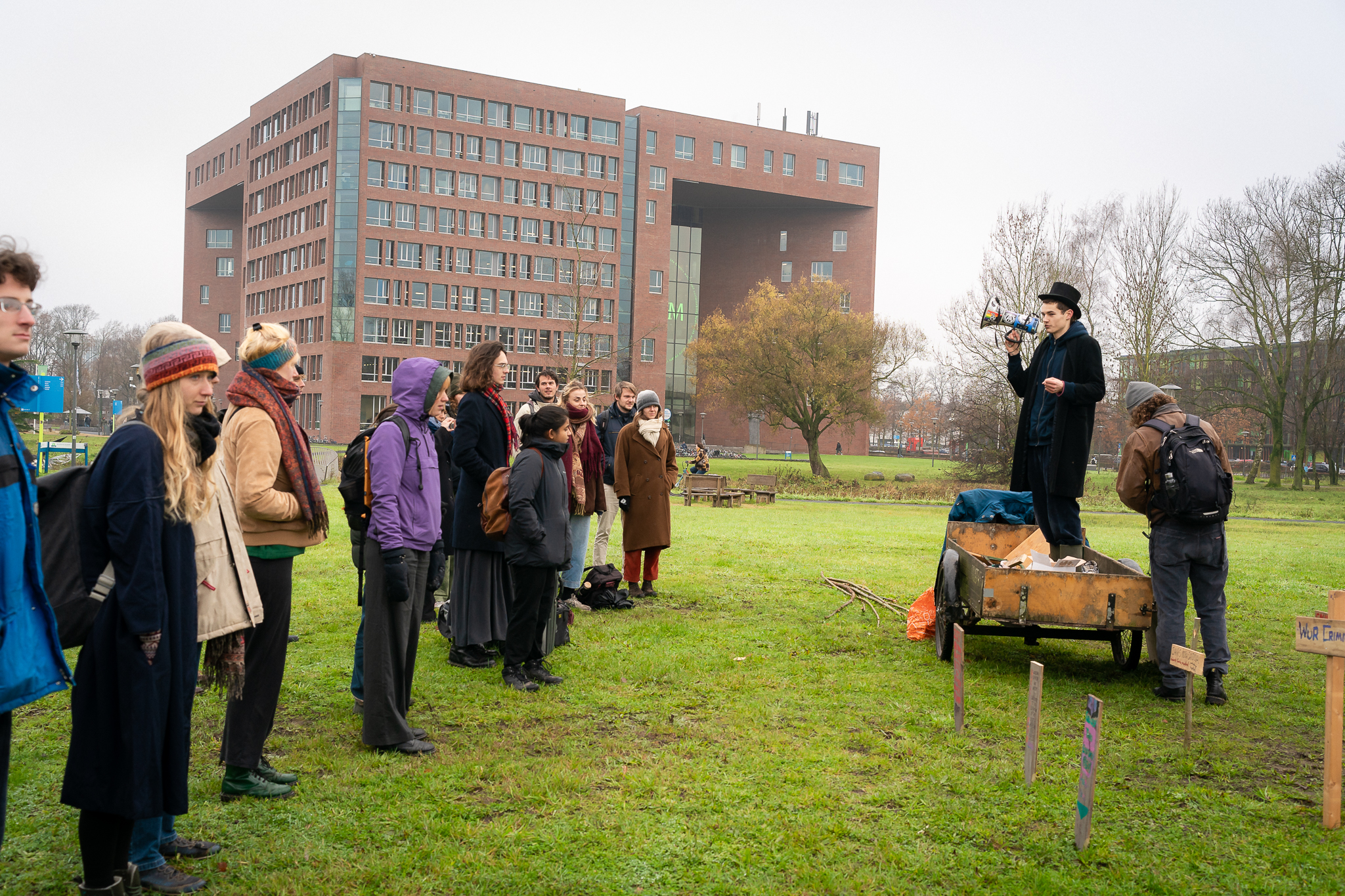The Council of State ruled today that Wageningen doctoral candidate P. has violated scientific integrity, and WUR was justified in revoking the bestowed doctoral degree. The ruling was pronounced in the appeal P. had submitted following an earlier court decision in this case.
Greek researcher P. obtained a doctoral degree in 2017 on a dissertation on the link between climate change, poverty and crime. Following signals that P. had fabricated all types of citations and data, WUR conducted an investigation, after which the degree was retracted in 2019. P. claimed WUR had no right to do so and took the case to court.
Last year, a judge already ruled that WUR’s decision to retract the degree was justified. Resource interviewed Arthur Mol, the rector and chair of the Academic Board at the time, on the matter. P., however, appealed the case. The verdict pronounced today by the Council of State confirms that WUR was within its legal rights to revoke the degree.
Scientific fraud
There is no official protocol for revoking a doctoral degree, similar to elite athletes being stripped of their accomplishments when the use of doping is proven, so the issue was whether WUR has the legal right to deprive a scientific fraud of his doctoral title. The Council of State rules that it has. The dissertation is meant as an aptitude test to prove the candidate is a skilled independent scientist. If scientific fraud is proven, the PhD candidate failed to meet the requirements, and the university has the right to revoke the doctoral degree.
The PhD candidate argued that his supervisors should have raised the alarm sooner. They never warned him that his conduct was wrong. Moreover, his dissertation was approved, so he should be able to trust that the work was done.
Under normal circumstances, perhaps. Newspaper NRC suggested that every doctor should now fear losing their degree if a mistake or oversight is found in the dissertation. That, however, is not what this case is about. This case is about scientific misconduct. The university claims there are erroneous citations and fabricated data in the dissertation. ‘It is widely known among scientists that this constitutes a violation of scientific integrity’, the Council of State ruled.
On erroneous grounds
The judge added that the topic of scientific integrity was addressed in courses. The researcher could have known he was at risk of losing his doctoral title because he ‘knew, or could reasonably have known, that he violated scientific integrity and had obtained the doctoral degree on erroneous grounds.’
The court case marks a turning point in how doctoral degrees are viewed. It is the first time such a degree has been revoked in the Netherlands. The degree was formerly considered irrevocable. Well-known scientific fraud Diederik Stapel, whose fraud came to light in 2011, voluntarily relinquished his doctoral title.
(HOP/ME)

 The Council of State confirms that scientific fraud constitutes a legitimate reason for revoking a doctoral degree. Photo Shutterstock
The Council of State confirms that scientific fraud constitutes a legitimate reason for revoking a doctoral degree. Photo Shutterstock 

